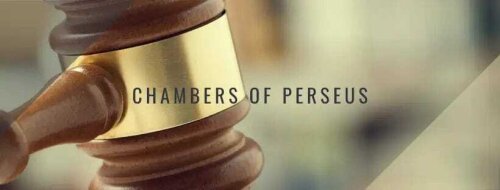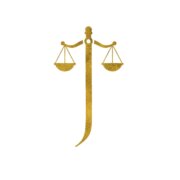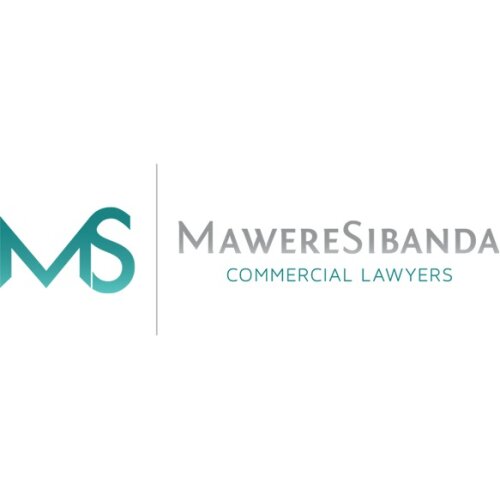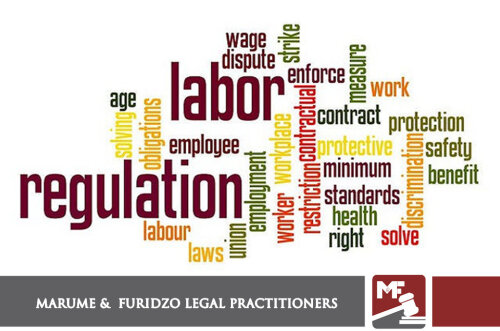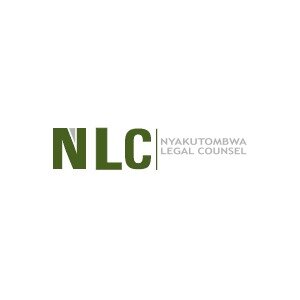Best Communications & Media Law Lawyers in Harare
Share your needs with us, get contacted by law firms.
Free. Takes 2 min.
List of the best lawyers in Harare, Zimbabwe
About Communications & Media Law in Harare, Zimbabwe
Communications & Media Law in Harare, Zimbabwe, encompasses legislation and regulations that govern the broadcasting, telecommunication, print, and online media sectors. The legal framework is designed to ensure the fair and responsible dissemination of information, protect the rights of individuals and entities, and regulate content to maintain public order and morality. Various statutory guidelines and governmental bodies regulate media operations, telecommunications infrastructure, and digital communication services within the city and the wider country.
Why You May Need a Lawyer
Individuals or businesses might require legal assistance in Communications & Media Law for several reasons. This can include compliance with media regulations, resolving disputes regarding defamation or copyright, obtaining broadcasting licenses, navigating data protection and privacy issues, or handling matters related to freedom of speech and censorship. With the rapid evolution of digital media, ensuring adherence to both existing laws and adaptations for new media platforms is crucial.
Local Laws Overview
In Harare and across Zimbabwe, several key laws pertain directly to Communications & Media Law:
- Access to Information and Protection of Privacy Act (AIPPA): Regulates access to information and the protection of individual privacy.
- Broadcasting Services Act: Governs the licensing and operations of broadcasting services, ensuring content standards.
- Censorship and Entertainments Control Act: Controls the distribution of publications and films, prohibiting content that's deemed offensive or harmful.
- Cybercrime and Cybersecurity Act: Addresses issues related to cybersecurity and establishes measures to combat cybercrime.
- Postal and Telecommunications Act: Regulates the postal and telecom services, including licensing and service provision.
These laws and others play a significant role in shaping the media landscape, ensuring that communications remain responsible and aligned with national standards and ethics.
Frequently Asked Questions
What is Communications & Media Law?
Communications & Media Law involves regulations concerning the communications industry, including traditional and digital broadcasting, print media, and telecommunications.
How does AIPPA affect my right to information?
AIPPA provides mechanisms for accessing public information while balancing this right against the need to protect individual privacy and confidentiality.
What should I do if I am accused of defamation?
Seek legal advice immediately. Understanding the nuances of defamation law is crucial for navigating potential legal proceedings or settlements.
Are internet restrictions and censorship legal in Harare?
Yes, communications and content can be regulated under current censorship laws for reasons such as national security or public morality. It's vital to understand these restrictions to avoid legal issues.
What steps are involved in acquiring a broadcasting license?
The process involves submitting an application to the relevant regulatory body and meeting specific legal criteria. Consulting a lawyer can streamline this process.
Can media entities face penalties for non-compliance with local laws?
Yes, non-compliance with Communications & Media Law can lead to fines, license revocation, or other legal actions depending on the severity of the offense.
What are my rights regarding data protection under Zimbabwean law?
The Cybercrime and Cybersecurity Act provides guidelines on data protection, outlining the responsibilities of entities in handling and securing personal data.
How can I protect my intellectual property as a content creator?
Consult with a legal professional to understand copyright laws and take steps like registering your work to deter unauthorized use.
What legal options do I have if my freedom of speech is restricted?
Legal avenues can be pursued if you believe your rights are unjustly limited. A lawyer can guide you on constitutional protections and possible actions.
What institutions oversee media laws in Zimbabwe?
Bodies like the Broadcasting Authority of Zimbabwe (BAZ) and the Postal and Telecommunications Regulatory Authority of Zimbabwe (POTRAZ) are key regulatory agencies.
Additional Resources
Here are some helpful resources for anyone seeking guidance:
- The Broadcasting Authority of Zimbabwe (BAZ): Oversees licensing and regulation of broadcasting services.
- Postal and Telecommunications Regulatory Authority of Zimbabwe (POTRAZ): Regulates telecommunications companies and services.
- Legal texts and commentary on the Censorship and Entertainments Control Act and related statutes.
- Zimbabwe Union of Journalists (ZUJ): Offers support and advocacy for media rights and protection.
- Ministry of Information, Publicity and Broadcasting Services: Provides information on government policies related to communications and media.
Next Steps
If you need legal assistance in Communications & Media Law, consider the following steps:
- Assess your specific legal needs and compile all relevant documentation.
- Consult with a qualified legal practitioner specializing in Communications & Media Law.
- Utilize online legal databases or local law firms to identify potential lawyers.
- Prepare relevant questions and concerns for your initial consultation.
- Stay informed about any legal reforms or changes in regulations that may affect your situation.
Lawzana helps you find the best lawyers and law firms in Harare through a curated and pre-screened list of qualified legal professionals. Our platform offers rankings and detailed profiles of attorneys and law firms, allowing you to compare based on practice areas, including Communications & Media Law, experience, and client feedback.
Each profile includes a description of the firm's areas of practice, client reviews, team members and partners, year of establishment, spoken languages, office locations, contact information, social media presence, and any published articles or resources. Most firms on our platform speak English and are experienced in both local and international legal matters.
Get a quote from top-rated law firms in Harare, Zimbabwe — quickly, securely, and without unnecessary hassle.
Disclaimer:
The information provided on this page is for general informational purposes only and does not constitute legal advice. While we strive to ensure the accuracy and relevance of the content, legal information may change over time, and interpretations of the law can vary. You should always consult with a qualified legal professional for advice specific to your situation.
We disclaim all liability for actions taken or not taken based on the content of this page. If you believe any information is incorrect or outdated, please contact us, and we will review and update it where appropriate.



